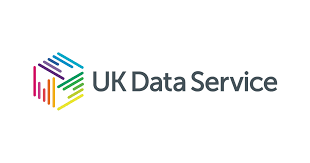 The UK Data Service offers a variety of free events throughout the year, which may be of interest to any social sciences researchers.
The UK Data Service offers a variety of free events throughout the year, which may be of interest to any social sciences researchers.
See below for the events for the rest of 2022 or visit their events pages.
Regular events
Computational social science drop-ins – second Tuesday of the month
11 Oct 2022, 8 Nov 2022, 13 Dec 2022, 13.00 – 14.00
Join our monthly data drop-in to get or give some help on computational social science projects.
Safe Researcher Training
5 Oct 2022, 21 Oct 2022, 7 Nov 2022, 24 Nov 2022, 13 Dec 2022, 10.00 – 13.30
This Safe Researcher Training (SRT) course is intended for researchers who will be, or are in the process of, applying for access to controlled data in the UK Data Service Secure Lab.
Census events
An introduction to 2021 Census geography datasets
18 Oct 2022, 10.00 – 11.00
This webinar will introduce census geography datasets, cover the output geography of the latest UK census, and demonstrate practical examples of the use of census geography boundary datasets for the visualisation and analysis of census data.
Check our events pages in October for details of these upcoming events:
- Teaching with Census 2021 data workshop, 2 November
- Census: Developing local area profiles workshop, 9 November
Introductory Training Series: Autumn 2022
Our free introductory-level online workshops introduce different aspects of the UK Data Service to help you get the most from our service.
Dissertation projects: Introduction to secondary analysis for qualitative and quantitative data
6 October, 10.00am – 11.30am
This workshop will take you through the research process of a secondary analysis project, including an overview of the methodological and ethical issues.
Data in the spotlight: Large scale social surveys
11 October, 10.00am – 11.30am
This workshop is for anyone who wants to learn about survey data available from the UK Data Service.
Introduction to copyright: Copyright and publishing
14 October, 10.00am – 11.30am
This workshop will introduce attendees to the brief origins of copyright with a focus on copyright considerations in both publishing and teaching.
Introduction to copyright: Copyright issues in secondary data use
17 October, 10.00am – 11.30am
This session will give attendees a better understanding of copyright considerations when creating, using or sharing data.
How to anonymise qualitative and quantitative data
20 October, 11.00am – 12.30pm
This workshop will look at key differences between anonymisation and pseudonymisation and discuss how to responsibly use, plus share data, while protecting participants’ identities.
Data management basics: Introduction to data management and sharing
27 October, 11.00am – 12.30pm
This workshop provides an overview of how to manage, document and store research data well and how to plan good data management in research projects.
Depositing your data with ReShare
3 November, 11.00am – 12.30pm
This workshop gives participants a virtual tour of ReShare, our self-deposit repository.
Introduction to the UK Data Service
8 November, 10.00am – 11.30am
This workshop is for anyone who wants to learn about the vast array of resources we offer.
Finding and accessing data from the UK Data Service
10 November, 10.00am – 11.30am
This introductory workshop is intended for anyone who wants to hear about finding data from the UK Data Service and contains interactive elements throughout.
Data management basics: Ethical and legal issues in data sharing
14 November, 10.00am – 11.30am
This workshop focuses on the ethical and legal aspects of data management.
Getting started with secondary analysis
15 November, 10.00am – 11.30am
This introductory workshop will briefly cover the pros and cons of reusing data and the importance of learning about the origins of your data.
How to become a computational social scientist
22 November, 10.00am – 11.30am
This workshop covers what computational social science is, what it is good for, and the basic steps to follow in an ideal CSS research project.
Consent issues in data sharing
24 November, 10.00am – 11.30am
This workshop will explain the different types of consent and consider data archiving, plus future reuse in the consent process, considering one-off and process consent.
Data in the spotlight: Census and population studies
29 November, 10.00am – 11.30am
This workshop will introduce you to the UK Census, the data held by the UK Data Service, and how to use the web interfaces to access the data.
Data in the spotlight: Longitudinal data
1 December, 10.00am – 11.30am
This workshop will cover the key features of longitudinal surveys, an overview of the studies available via the UKDS, how to access the data and undertake exploratory online analysis.
Data in the spotlight: International time series databanks
6 December, 10.00am – 11.30am
This workshop will cover the international time series data held by the UKDS, the socio-economic topics covered, some key datasets, and how to access and download the data.
Data in the spotlight: Qualitative and mixed methods data
13 December, 10.00am – 11.30am
This introductory workshop is intended for anyone who wants to learn about the qualitative or mixed-methods data available from the UK Data Service.
Other events
Introduction to the Family Resources Survey (NB Booking closes on 29 September)
4 Oct 2022, 09.30 – 12.45
This half-day online workshop will guide you through all the background information needed to work confidently with data from the Family Resources Survey.
All you need to know about UK Data Service SecureLab import requests
13 Oct 2022, 10.00 – 11.00
Come to our webinar to learn how the import process works and what you should, and should not, do to ensure the import process is completed as smoothly and quickly as possible.
Introduction to machine learning (FULLY BOOKED but will be livestreamed)
24 October – 1 November 2022
Come along to this three-part webinar that has been designed to deepen your understanding of the main concepts present within machine learning.
Introduction to quantitative time-diary analysis
3 and 10 November 2022 (with UCL/NCRM)
This short course aims to introduce participants to time diary analysis, a multidisciplinary field which has made a sustained contribution to social science over the last 50 years.
Introduction to data management planning for social sciences
17 Nov 2022, 10.00 – 11.00
This webinar has been designed to provide an introduction to Data Management Plans and to help researchers overcome challenges encountered during the data lifecycle by implementing good data management planning techniques.
Crime Surveys User Conference 2022
7 Dec 2022, 09.30 – 16.30
The user conference brings data producers and data users together to share updates on the development of the surveys and to showcase research that is being carried out using the data.



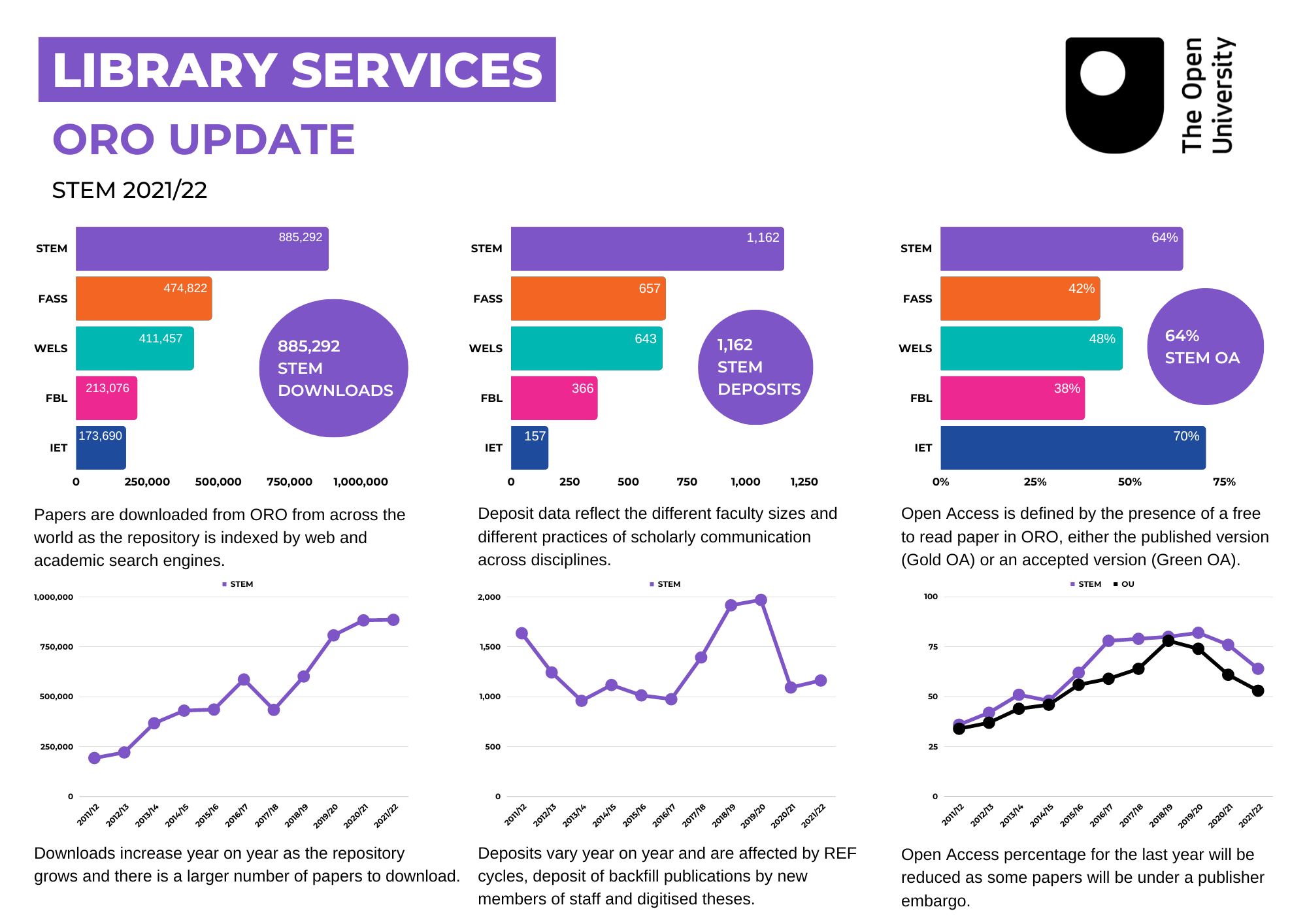
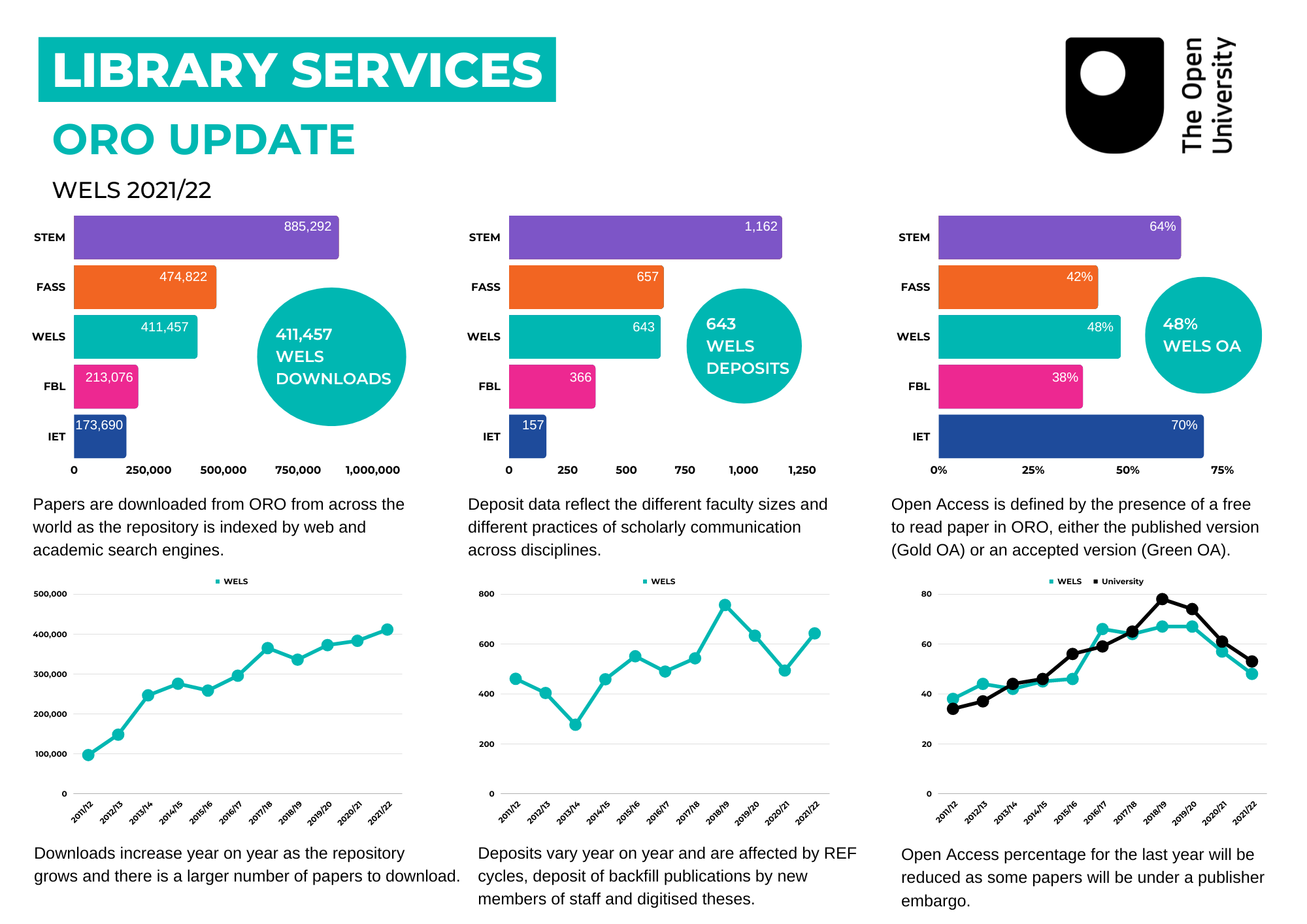
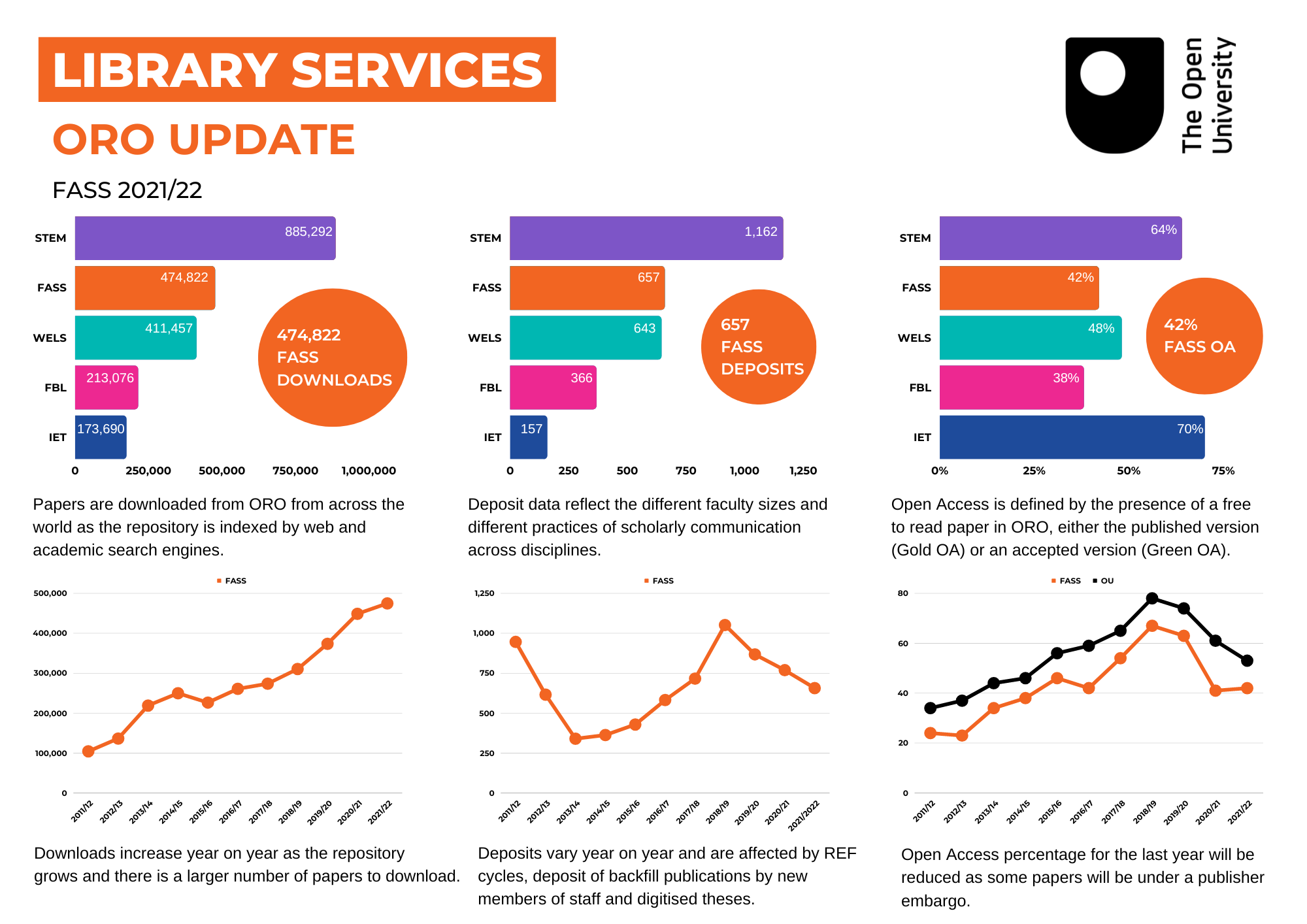
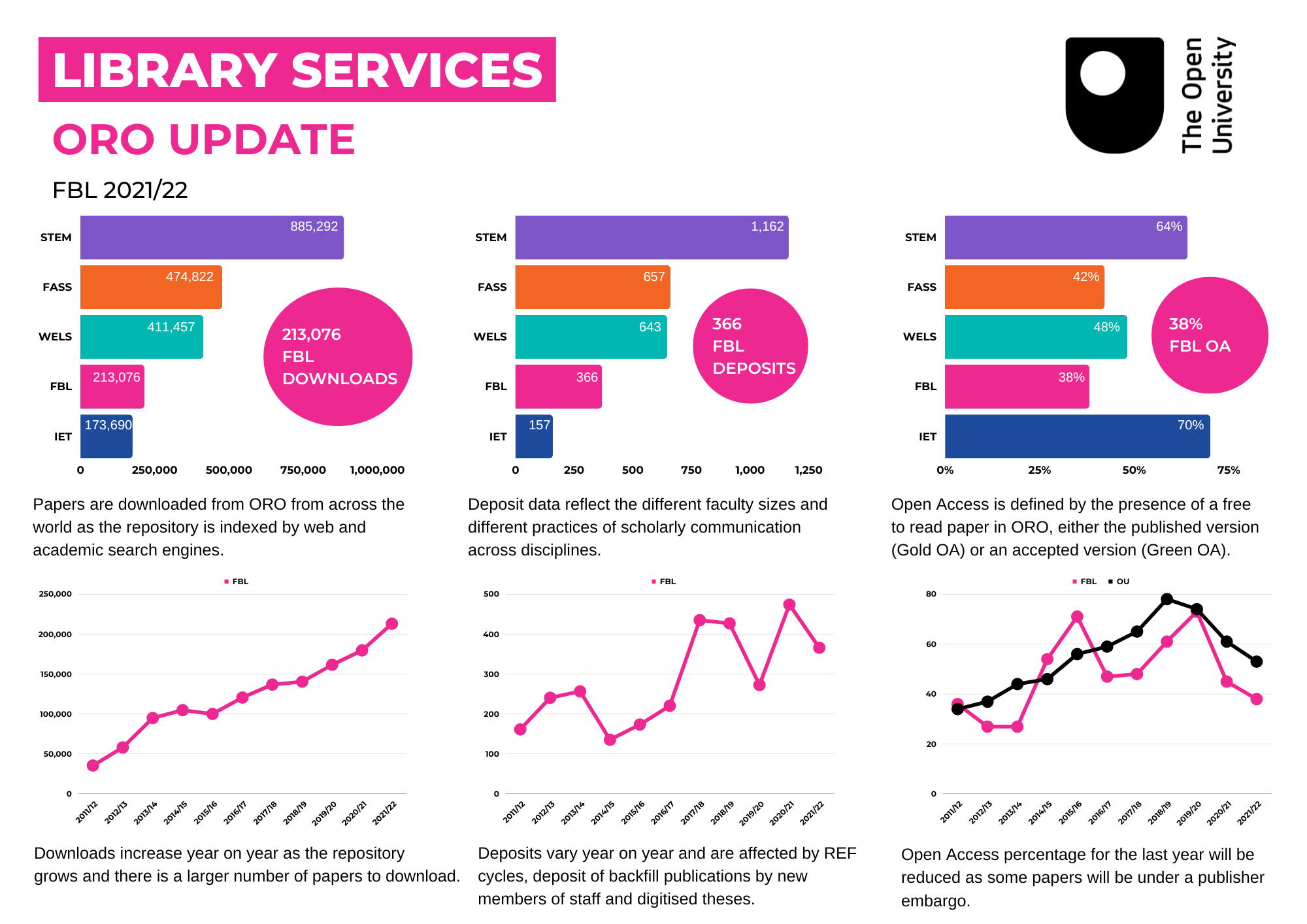
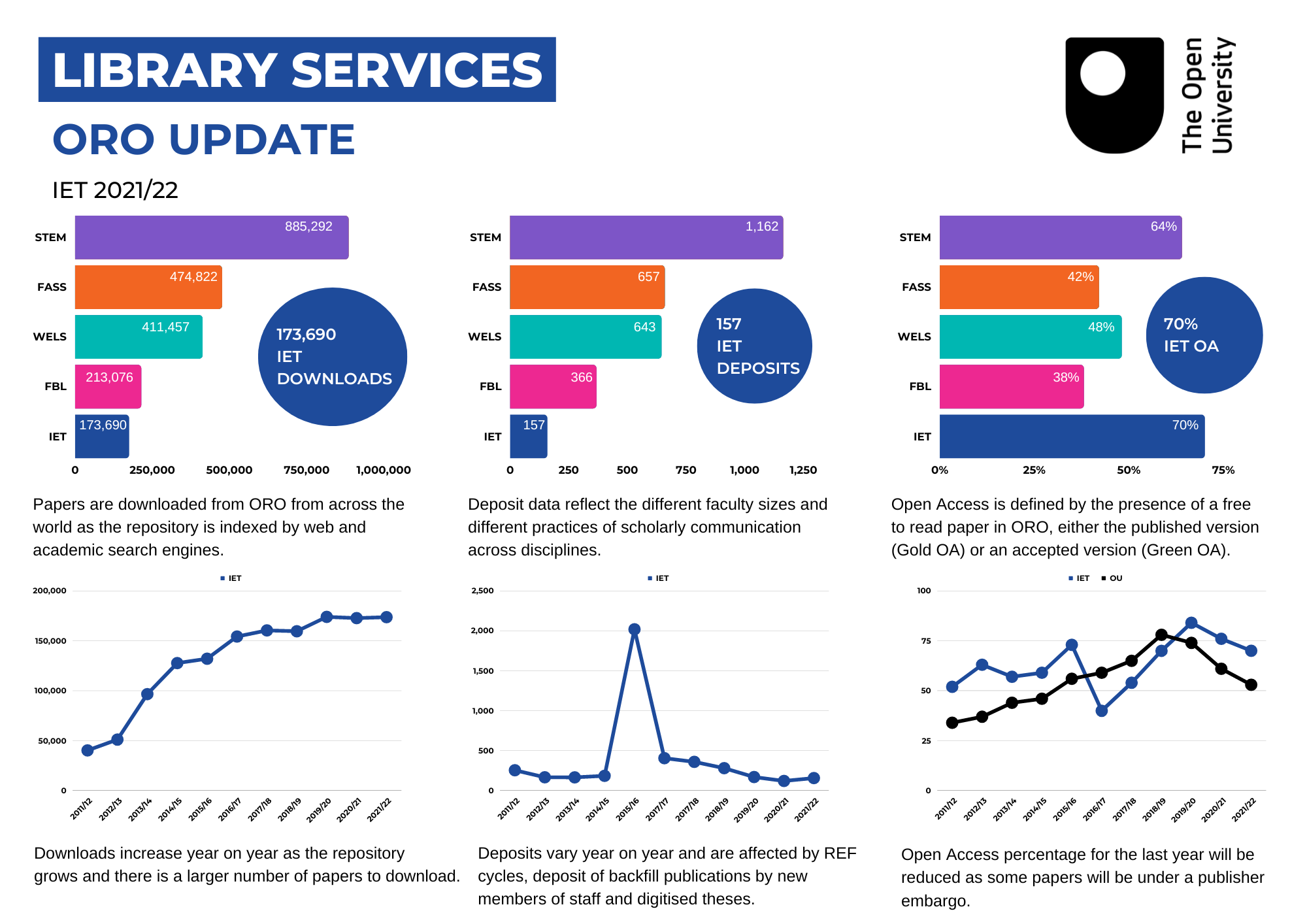



 The UK Data Service offers a variety of free events throughout the year, which may be of interest to any social sciences researchers.
The UK Data Service offers a variety of free events throughout the year, which may be of interest to any social sciences researchers.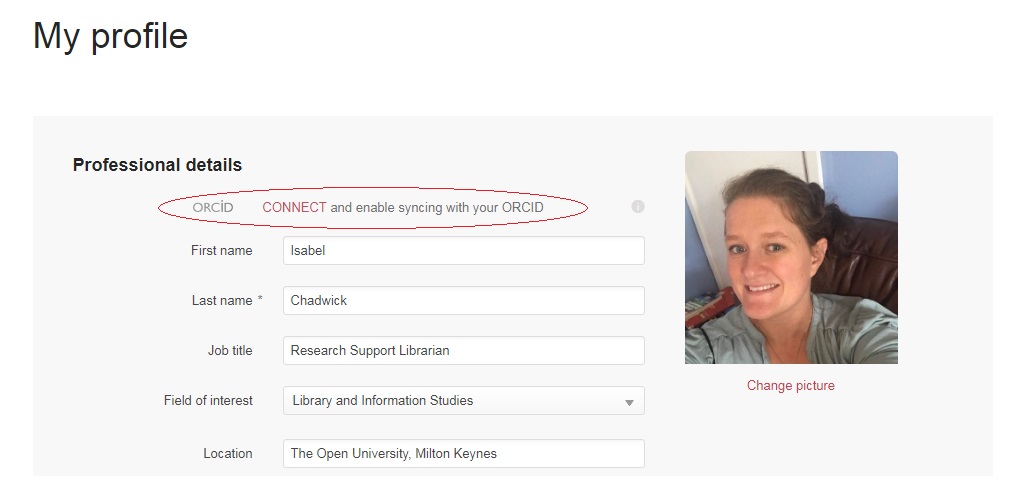
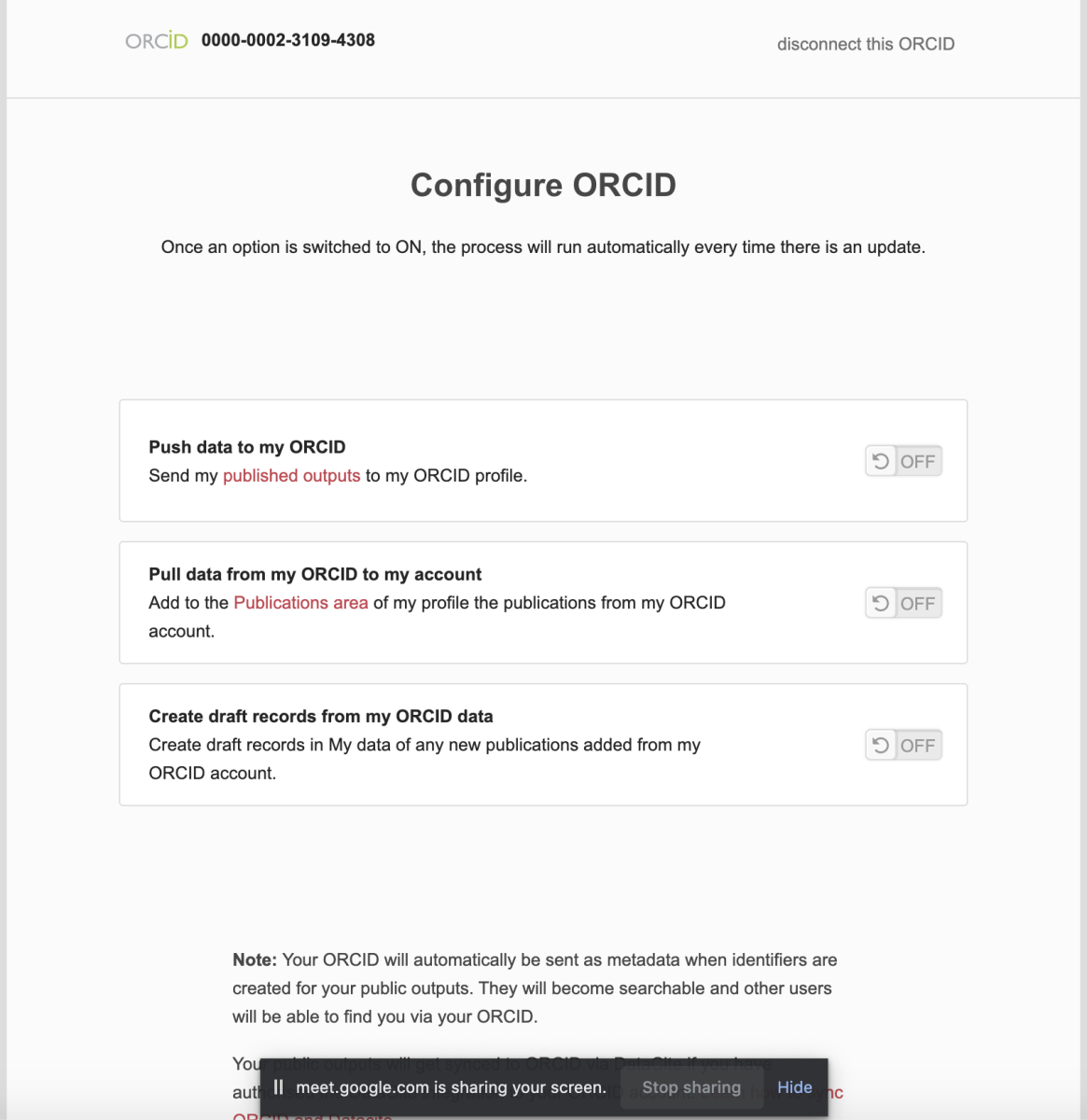
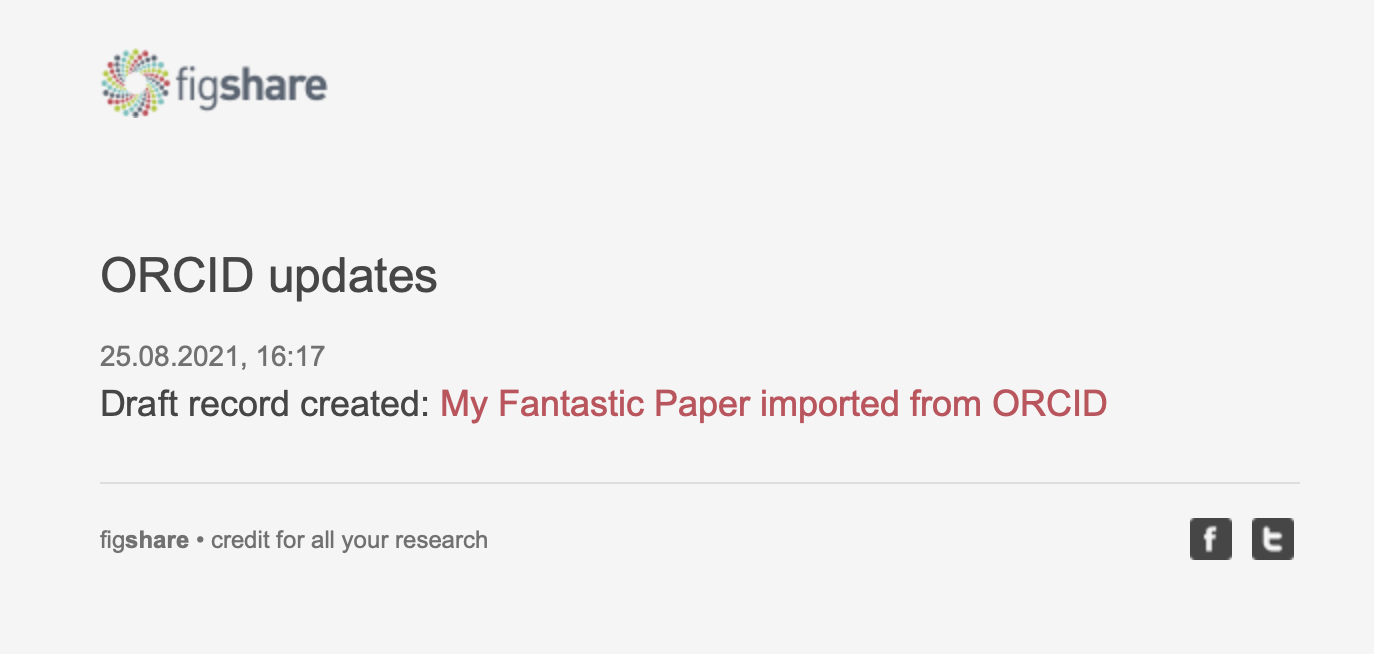


 The UK Data Service provides access to a wide range of social science data for reuse. To help you get the most from our service, they run free introductory level online workshops every spring and autumn to introduce different aspects of the Service.
The UK Data Service provides access to a wide range of social science data for reuse. To help you get the most from our service, they run free introductory level online workshops every spring and autumn to introduce different aspects of the Service.